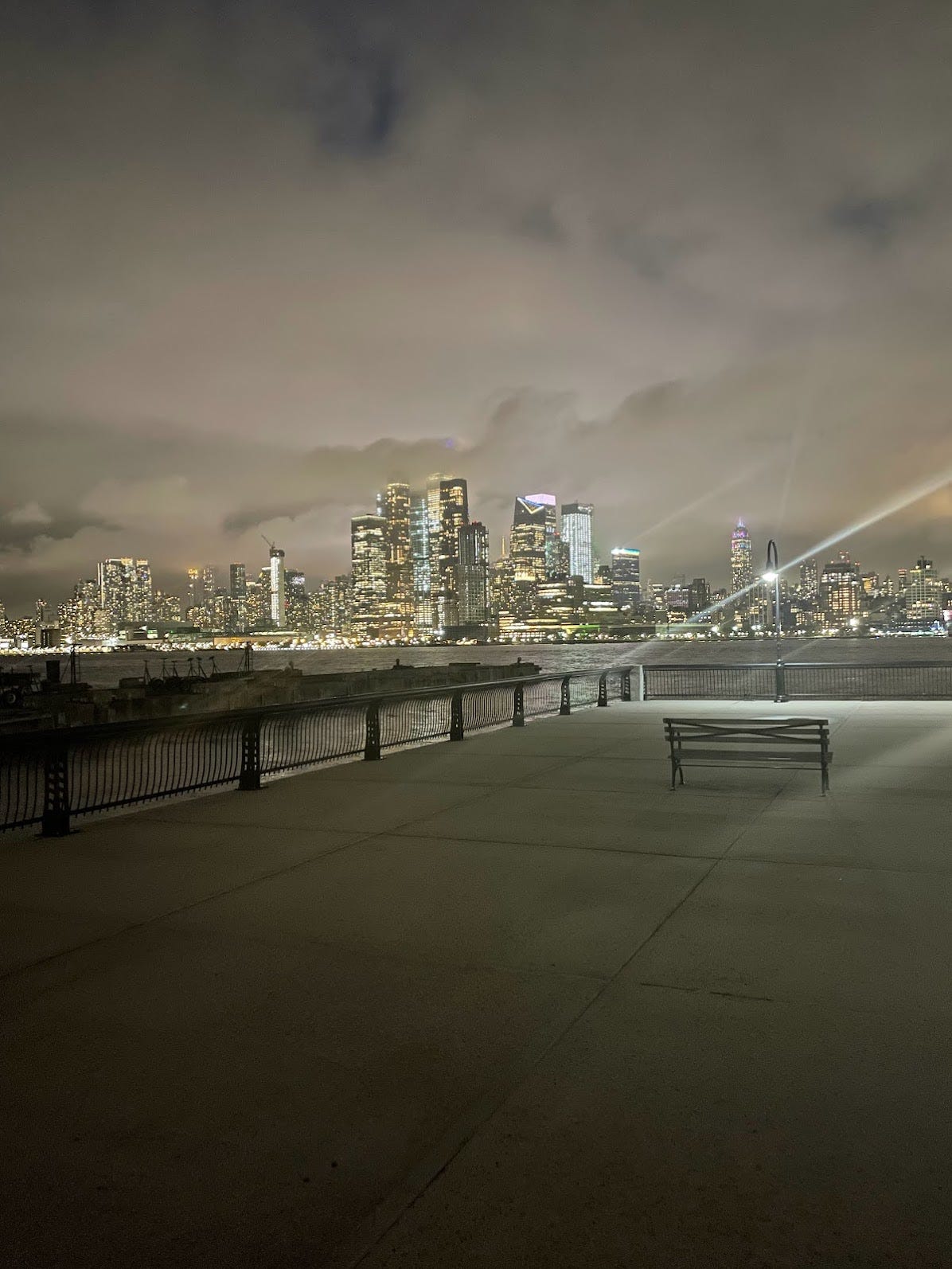A Meta-Analysis of Running Everyday
What runners on really long run streaks took away from their experience
[Decided to write about something non-tech related for a change]
Three years ago, I decided to push myself to run every single day - no breaks, do-overs or excuses. It started on a whim but each day, seeing my Strava streak extend another day turned into an obsession. A week in, I felt like I couldn’t let it lapse. I had to keep going.
This streak went on for about a year and a half, through vacations, work travel, seasonal colds and a bout of COVID. As I was writing up my experience, I discovered a corner of the internet doing the same thing.
Here’s a few shared takeaways from runners on multi-year streaks:
1/ Running everyday can be easier than running a few times a week
Most of what makes running difficult is non-physical. It’s the anticipation of eating a big lunch and second-guessing whether running on a stomach full of chicken wings is a good idea.
“You learn a ton about what excuses you tell yourself for skipping a run. When I moved to trying to extend a steak, suddenly all the excuses seemed pretty hollow” (whitewalls86)
Streak runners have entirely eliminated this part of the equation. A commonly cited benefit of making running “non-negotiable” was the reduction in decision-making needed. You just have to do it. It’s a fact of life, like needing to drink water or sleep.
“Is it an obsession? Maybe. Probably. Mostly I feel better so I keep doing it. Also I struggle with moderation.” (BobcatOU)
Where this approach really shines is for people getting into running. It’s hard to start and so easy to fall off entirely when an interruption comes up (eg. a family vacation). When you’re on a streak, you’ll find a way to make it work.
2/ It will teach you to develop a sustainable pace
Universally, runners found that their bodies adapted to the mileage pretty quickly. Without true rest days, you’ll be forced to develop a good intuition about what pace is reasonable and when you’re pushing too hard. Developing “running effort intuition” was frequently cited as one of the most useful takeaways from the experience.
“Learning to manage intensity is probably the single most important part of streak running, learning to have truly easy days, where you feel like you're putting in a 1-2 on the effort scale.” (whitewalls86)
3/ It will change how you travel
Travel is the bane of breaking streaks. Finding ways to squeeze in your requisite miles may be a struggle at first, but there’s a huge silver lining. When you travel, you’ll push yourself to find creative routes in the city you’re going, which will probably give you a fresh appreciation for your environment.
“I now bring my running gear when traveling overnight anywhere. As I travel more, I can’t just ditch all healthy habits while on the road.” (Laura)
4/ It’s not as harmful as it sounds
It’s not innately unhealthy or something that will lead to injury (eg. shin splints) if you gradually ramp your mileage, have appropriate footwear and mind your nutrition.
There are currently five runners recognized by Streak Runners International who have been running every day for over 50 years.
“There’s definitely some luck involved in not getting injured but I’ve learned to listen to my body.” (BobcatOU)
5/ …but it may not be worth it, depending on your goals
Many streak runners acknowledge that they’re compromising some level of development that you would otherwise have with rest days and cross-training.
“When quarantine started I began running a 5k every day but my performance was slowly declining and I was getting sore after a few months so I knocked it down 4 days a week and then my performance went back up and soreness went away.” (Jefftato)
Personally, I found that reducing my mileage and doing resistance training every other day didn’t harm my aerobic base and was generally more pleasant.
Parting thoughts
While I’m not sure if I’ll get back into maintaining a >1 year running streak, the experience was a formative one. Beyond the lessons learned, I was able to get into the sport of running and developed a much better understanding of my psychology (eg. what it takes to build durable habits).
I think back to running in below-zero temperatures in Hoboken, feeling the bite of the evening wind and watching the lights dance across the Hudson. Knowing full well that if it wasn’t for maintaining the streak, I wouldn’t be experiencing the moment.


